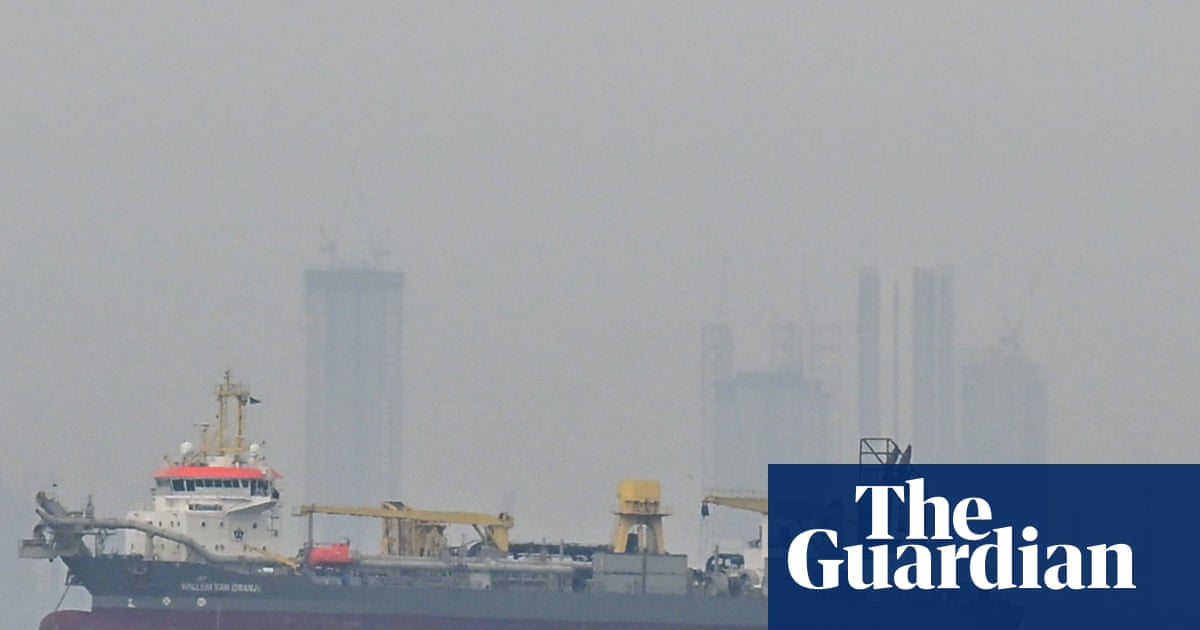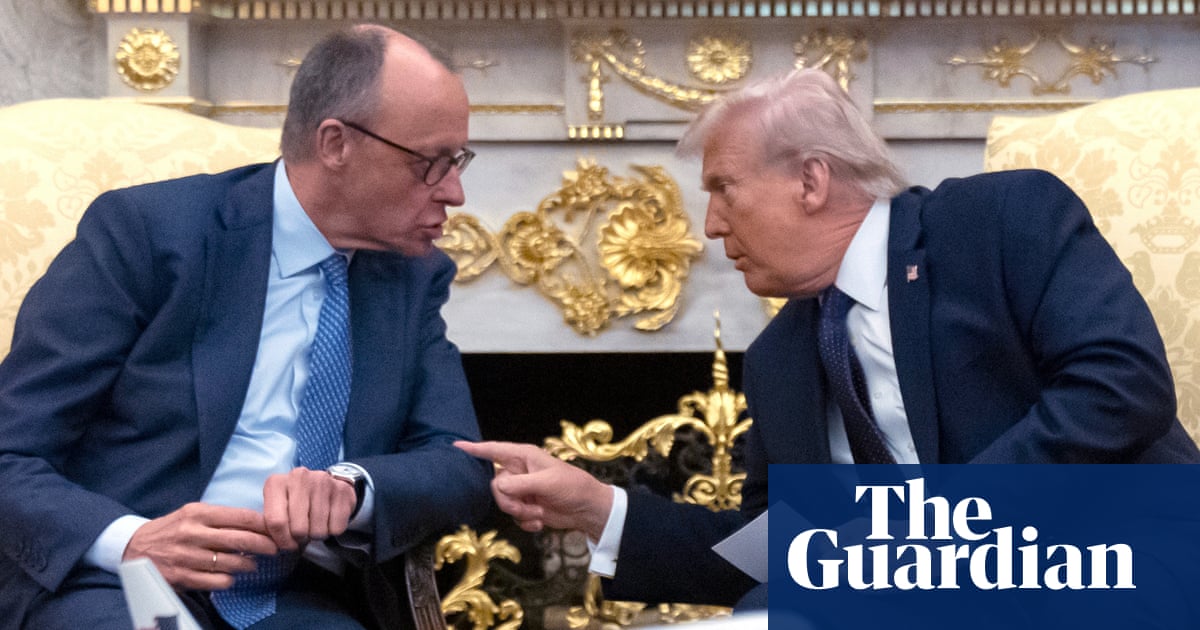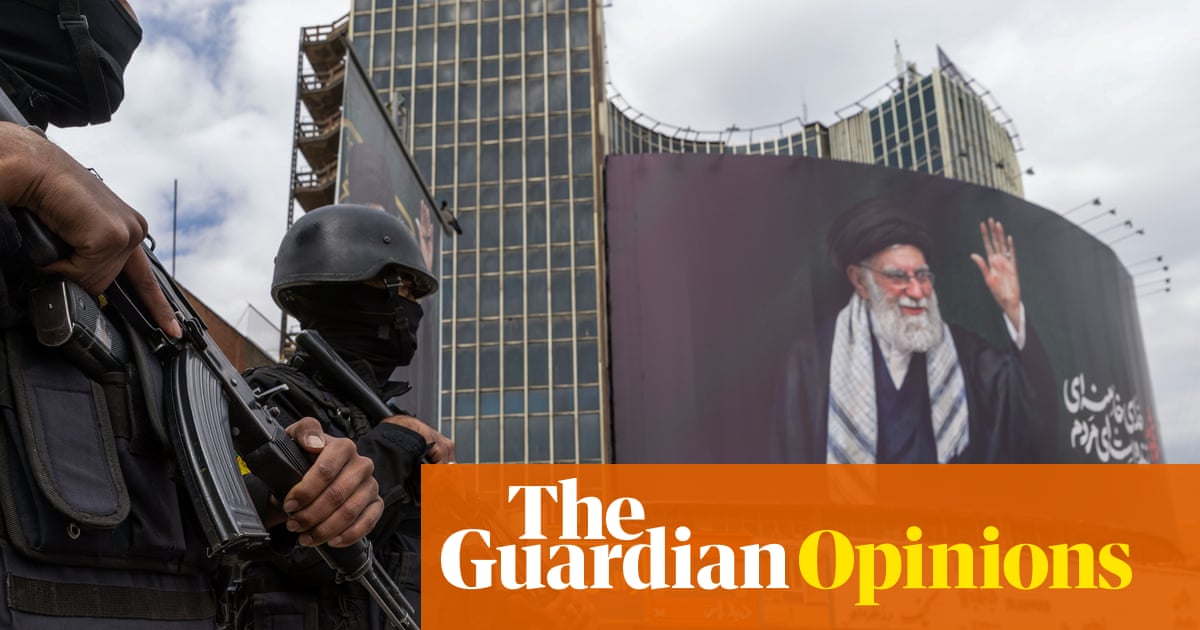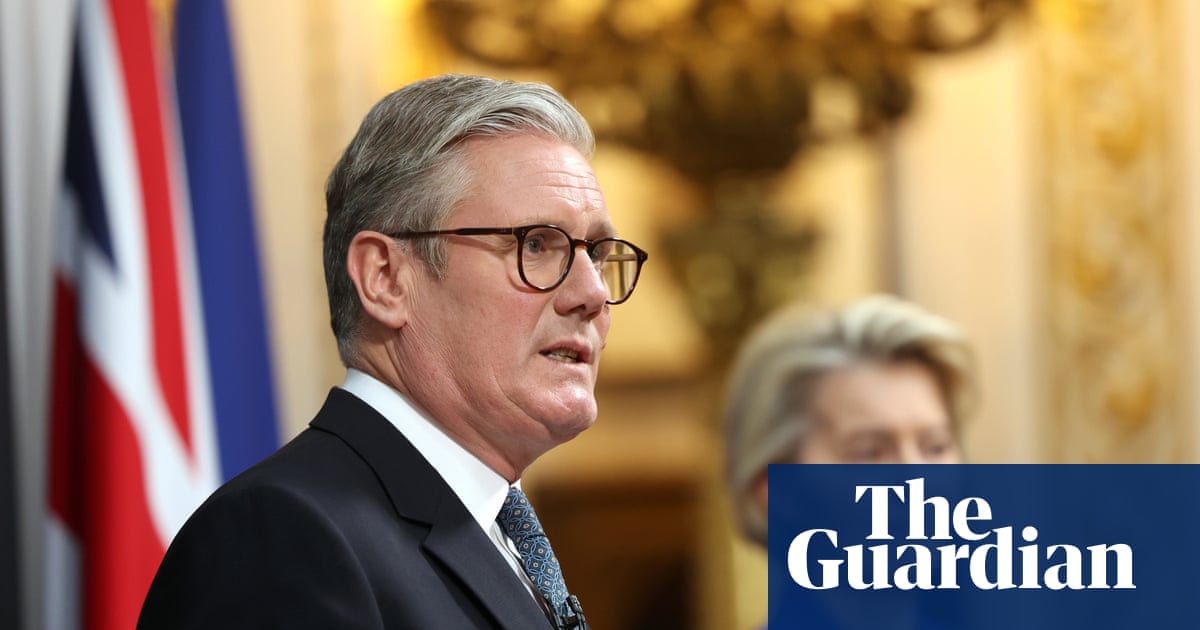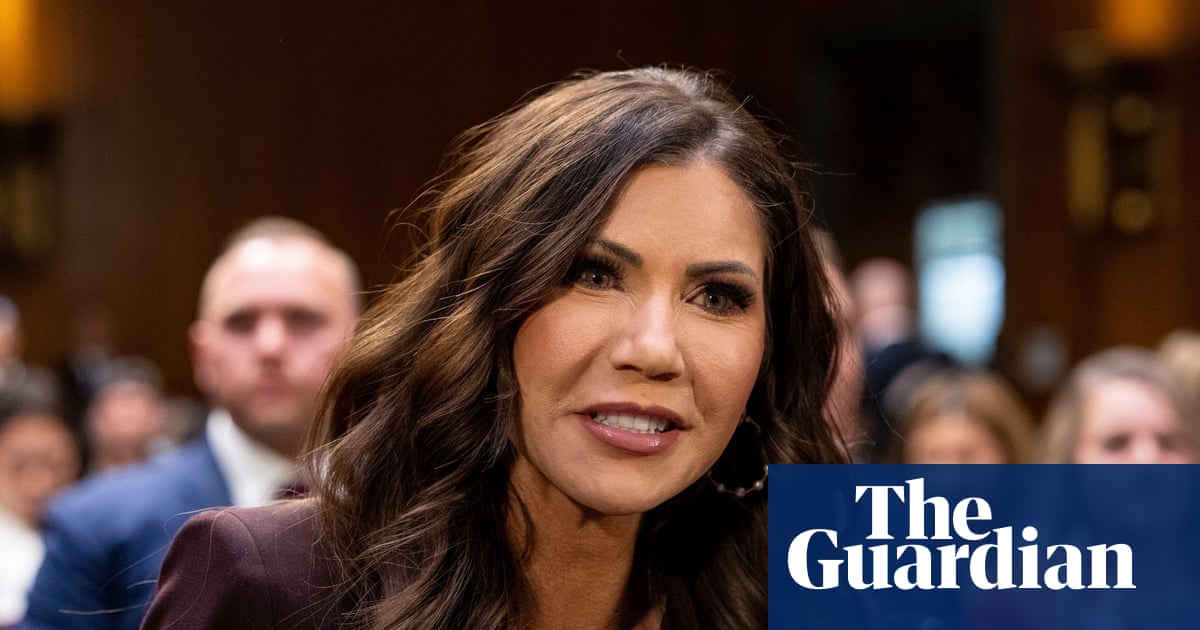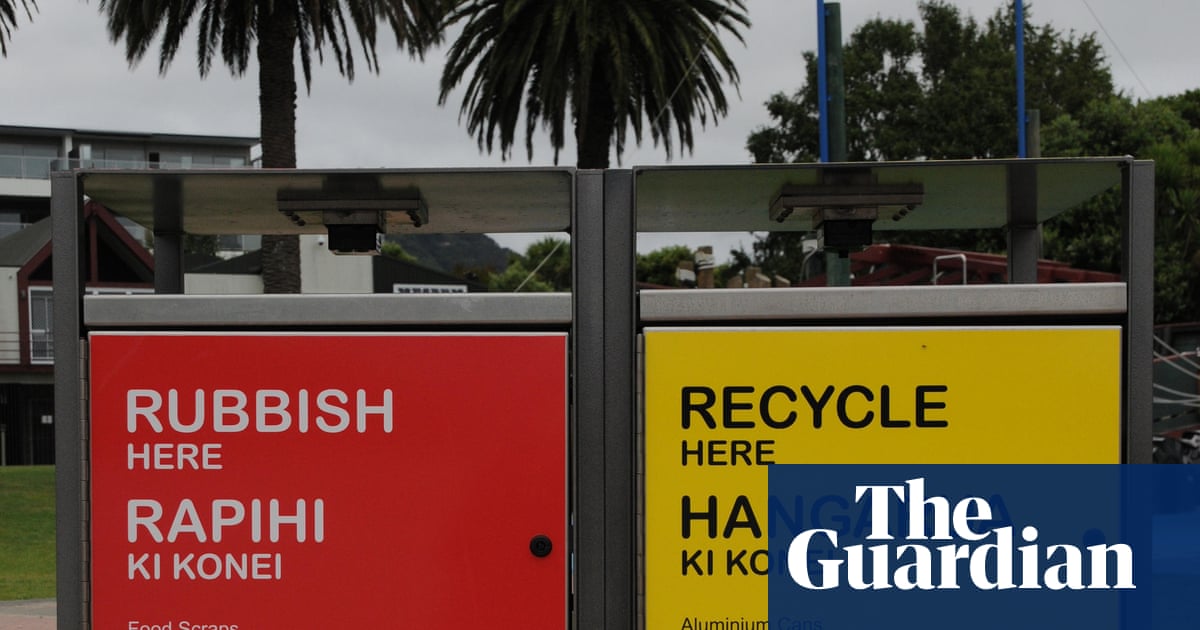Hungary’s prime minister has kicked off a weeks-long “anti-war roadshow”, turning criticism of European support for Ukraine into an early campaign message before next year’s elections.
Viktor Orbán’ is scheduled to stage an event in five cities before the end of the year, and started with an assembly on Saturday in the north-western city of Győr.
“Those who want peace will join us,” the rightwing leader of the Fidesz party said in a Facebook post before the event.
The series of rallies began a week after Orbán’s visit to Washington DC, where he met Donald Trump, who agreed to grant Hungary a one-year exemption from US sanctions on importing oil and gas from Russia. The agreement was seen as a boost for Orbán, who has been in power for 15 years, during uncertain economic times for the country.
According to insiders, another of Orbán’s priorities for the trip was to persuade Trump to visit Hungary for a meeting with the Russian president, Vladimir Putin, with whom Orbán has maintained ties, despite anger from other European governments.
The Hungarian leader has repeatedly warned of the risks of an ever-spiralling war, and Orbán will be hoping the “anti-war” message can undercut his opposition before the elections, which are due to take place in April next year.
But Péter Magyar, a former Fidesz insider whose Tisza party is now leading in some independent polls, had organised another event in Győr on the same day. “Fidesz is the party of war and hatred, while Tisza works for peace at home and around the world,” he said in a Facebook post.
Orbán has positioned himself as the voice of reason against what he says is a failed EU-led campaign to arm Ukraine. But his detractors at home and in the EU believe that the rightwing politician is too close to Putin and have called him the Kremlin’s “Trojan horse” in the bloc.
Last month, Orbán led a “peace march” in which he told thousands in the crowd that Hungary was “the only country in Europe standing up for peace”.
Relations between Budapest and Kyiv have deteriorated over Hungary blocking steps towards Ukraine’s accession to the EU, as well as Orbán’s refusal to impose sanctions on Russia.
The issue of Ukraine, which shares a border with Hungary, has regularly played into domestic politics. Pro-Fidesz media have accused Magyar of collaborating with the Ukrainian secret service, calling him “the Hungarian Zelenskyy”.
This year, billboards have been erected in Hungary depicting a sinister-looking Volodymyr Zelenskyy, the Ukrainian president, alongside the European Commission’s president, Ursula von der Leyen, with the caption: “They would take Ukraine in the EU. We would pay the price.”
Vlada, a 23-year-old Ukrainian woman living in Hungary, said: “When families come here from the frontlines, where they’ve been under bombardment for years, these posters can trigger bad feelings again.” She asked only to use her first name to protect her identity and the people close to her, some of whom still live under Russian occupation in Ukraine.
after newsletter promotion
She fled to Hungary at the start of the invasion, and learned the language, but said she received anti-Ukrainian comments.
“There are pro-peace governments, for example, Switzerland. They don’t send any weapons, but they help organise peace conferences, with reconstruction,” Vlada said.
The topic of “peace” is expected to become a central narrative in Fidesz’s re-election campaign. Fidesz may try to “turn the election into a referendum on war and foreign policy”, said Dániel Róna, a political scientist and director of the independent 21 Research Centre. But Mátyás Bódi, an expert at the independent analytics group Electoral Geography, said the question was “whether that will be enough in the midst of a cost of living crisis”.
Electoral Geography’s polling indicates a 7% lead for Tisza.
After 15 years of Fidesz rule, Hungarians are struggling with inflation, a failing healthcare system, and deepening problems in education – areas where voters now trust Tisza more, Bódi noted, citing recent research from the independent pollster Policy Solutions.
Orbán still holds an advantage on foreign policy, especially on peace and migration. “But we don’t see parties winning elections based on foreign policy,” Bódi said.

 3 months ago
79
3 months ago
79






